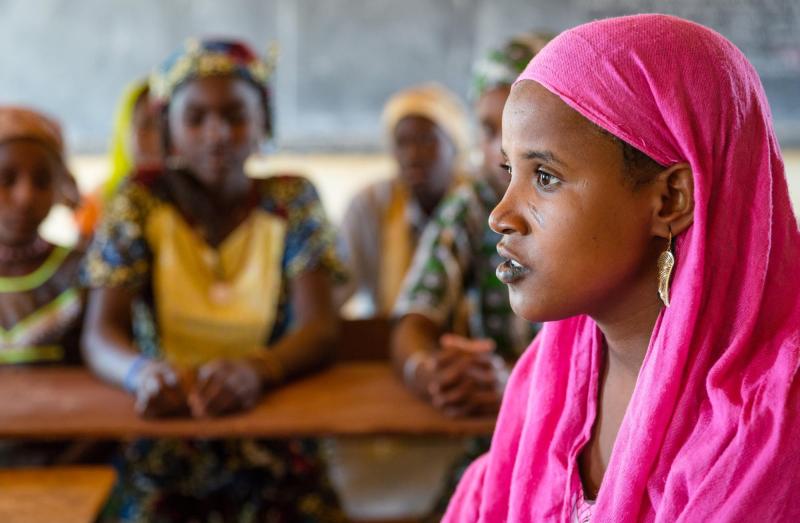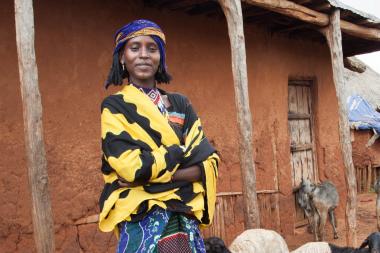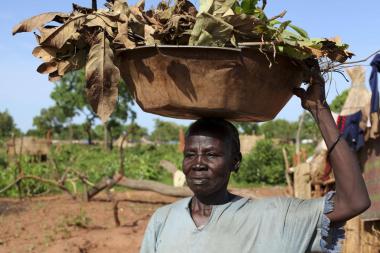A Rural Green Transition in the G5 Sahel
This policy brief outlines clear actions that Ministers in the G5 Sahel, aid partners, funders and researchers can take to drive a rural green transition and create jobs for youth in the region.
The transition to a green agrifood system could create more than 8 million additional, full-time jobs in the countries of the G5 Sahel by 2030. The countries of the G5 Sahel need to make a green transition in their agricultural and rural economies to counter climate change and make farming and herding more sustainable.
Six areas of transition are already underway and are making a critical impact in greening the agrifood system: a transition to renewable rural energy, especially solar power; expanding small-scale irrigation; switching to climate-smart and environmentally sustainable agriculture; restoring common lands; creating fisheries; and recycling rural waste.
In some activities, such as soil and water conservation, the Sahel is already a world leader. In others, such as solar power, the Sahel has the potential to lead the world. Much of the change needed does not depend on the state: private and collective efforts will drive change. The public role is to support and facilitate, not direct. Conservation of fields, pastures and commons in the rural Sahel generates benefits far beyond the villages: international finance should help pay for investments.
This policy brief, and accompanying summary, is based on Green jobs in agrifood systems: setting a vision for youth in the Sahel, by the Food and Agriculture Organization of the United Nations (FAO) and ODI thanks to the contribution of the German Federal Ministry of Agriculture (BMEL)



